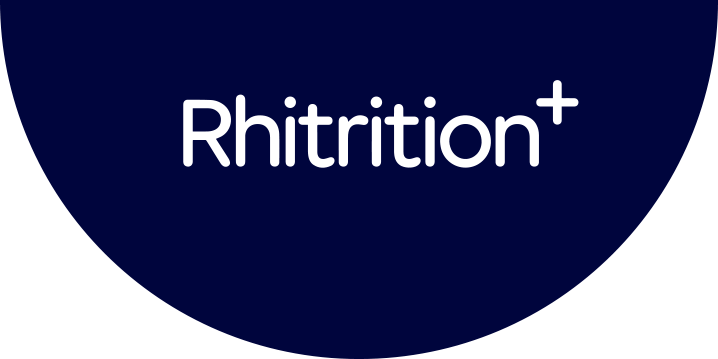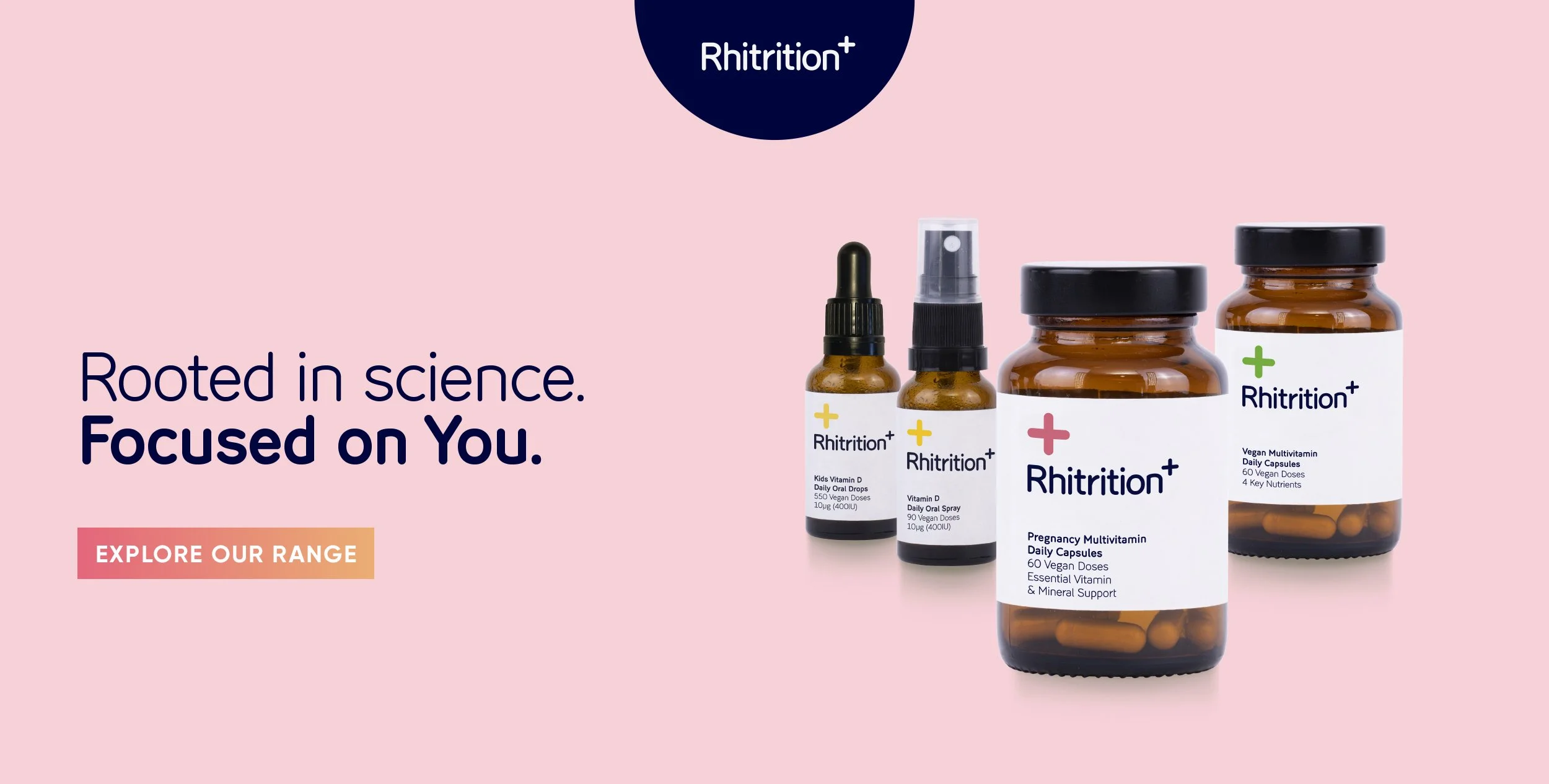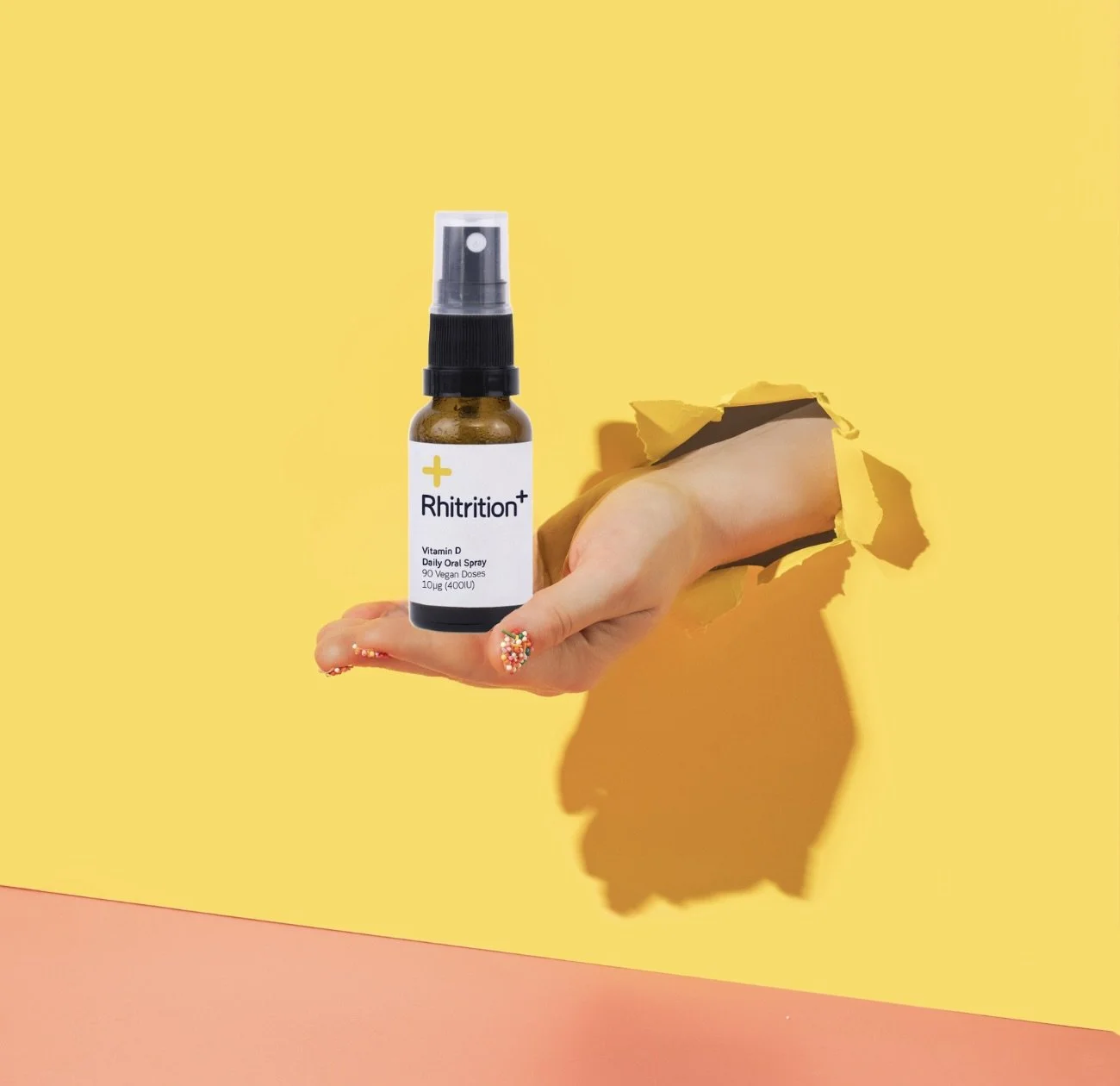Protein is one of the three essential macronutrients that play a key role in building and repairing tissues, producing enzymes and hormones, and maintaining overall health. While animal proteins are often complete, containing all essential amino acids, plant-based proteins can also provide the nutrients we need when combined thoughtfully. Meeting your protein needs through a balanced, whole-food diet is usually sufficient, but supplements may be useful for those with specific athletic or dietary goals. Explore how a diverse diet rich in protein can benefit both your health and the planet.
Read MoreEnsuring proper nutrition throughout your pregnancy is vital for the healthy growth and development of your baby. You must be consuming enough of each nutrient to not only meet your own needs at each stage of your pregnancy, but your baby's needs too.
Read MoreCurrent NHS guidelines recommend that children should be given a daily supplement containing vitamin A, C and D from 6 months of age. Typically, healthy, nourished children that eat a variety of fruit and vegetables should be able to maintain sufficient levels of vitamin A and C without requiring supplements. Let’s explore vitamin A and C to find out how to ensure our little ones get enough from their diet, and who should consider supplements.
As the promise of warmer days fills the air, it's easy to cast aside the worries of colds and flu that often accompany the colder months. However, even as we bid farewell to winter, the importance of caring for our immunity remains. In this blog post, let's delve into the relationship between vitamin D and immunity, highlighting why this nutrient continues to be a vital ally even after the winter season.
Read MoreSupplements can be hugely beneficial. They allow us to maintain optimum levels of nutrients when it is harder to meet these requirements through diet alone. However, they should not be seen as a replacement for a well balanced diet, complete with a range of whole foods. In this blog, we’ll explore the power of partnering with your plate, reserving supplements for specific needs like deficiencies or unique life stages.
Read MoreVitamin D holds a pivotal role in our bodies, influencing everything from bone health to immune function. A closer look into vitamin D awareness in the UK revealed a concerning trend, where a significant portion of the population remains unaware of the importance of this vitamin. This lack of awareness leaves individuals at risk of insufficiency for many months of the year.
Read MoreWith each new year and the start of a dreary January, we all do our best to get our resolutions for the year off to a good start. For many people, this comes in the form of Dry January. But in recent years, Veganuary has become increasingly popular. If the concept of Vegnaury has left you confused, we are here to open your eyes to the many benefits of this exciting challenge!
Read MoreEverybody needs vitamin D. And your little ones are no different. They need vitamin D to stay healthy and grow properly. But where does your infant get vitamin D from? Do they need vitamin D supplements? And how likely are little ones to become deficient? To find out all you need to know, read our guide to your baby and vitamin D...
Read MoreA multivitamin is a type of dietary supplement that contains a number of essential vitamins and minerals that are needed to support the optimal and healthy functioning of the body. The majority of people do not need to supplement as they can meet…
Read MoreAt Rhitrition+ we support a ‘food first’ approach, but we are here when you need a helping hand. Rhiannon has always advocated in the Rhitrition clinic that As long as a healthy, balanced diet is consumed, which should provide sufficient vitamins…
Read MoreAccording to the Vegan Society, Veganism is a way of living which seeks to exclude, as far as practically possible, all forms of exploitation of, and cruelty to animals, for the purposes of food, clothing etc. It therefore promotes the use of animal free alternatives.
Read MoreScientific research over the years has proven that humans need many different nutrients in order to maintain health and lower the risk of disease. The actual quantity of each nutrient is known as the nutritional requirement.
Read MoreVitamin D, also known as the sunshine vitamin, has hit the headlines over the past year for its links with COVID-19. Although this exact relationship is yet to be solidified, vitamin D is still a very important part of the human diet.
Read MoreAs humans, we need an array of nutrients for survival, good health and disease prevention. Each nutrient has a specific set of functions within our body and most can be obtained from the food we eat.
Read MoreBones are living tissue, made up of a structural protein matrix with additional minerals, mainly calcium and phosphorus, increasing its strength.
Read MoreVitamin D describes a group of fat-soluble nutrients which are all very similar in structure. The two main forms are vitamin D2 (ergocalciferol), and vitamin D3 (cholecalciferol).
Read MoreOral spray technology is a new way of supplementing. Instead of solid tablets, dietary supplements can now be manufactured into liquid sprays. But are they as effective we hear you say?
Read MoreFolic acid is the man-made equivalent of folate, found in supplements and fortified foods. Folate, which is also known as vitamin B9, is naturally present in foods including vegetables (especially those that are dark green and leafy), fruit, beans…
Read MoreIron is an essential part of our diet and very important for human health. As well as being naturally present in foods, iron is often added to foods to increase consumption plus is also available as a dietary supplement.
Read More





















